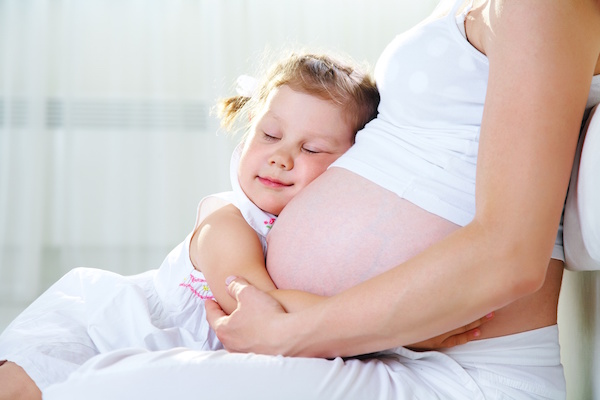
THURSDAY, Oct. 20 (HealthDay News) — Getting a seasonal flu vaccination while pregnant protects newborns from the flu for months after birth and won’t cause a miscarriage.
So say studies scheduled to be presented Thursday at the annual meeting of the Infectious Diseases Society of America (IDSA), in Boston.
“Pregnant women are understandably concerned about protecting their unborn babies, which makes it all the more important for them to understand that getting a flu shot during pregnancy is an important way to protect the baby, as well as themselves,” Dr. Kathleen Neuzil, a member of IDSA’s Pandemic Influenza Task Force and a clinical professor in the School of Medicine at the University of Washington, Seattle, said in a society news release.
“These new data on the safety and effectiveness of these vaccines is reassuring, and the increasing number of pregnant women receiving the vaccine affirms that women are hearing the message about the vaccine’s benefits,” she added.
Newborns enter the world without protective immunity and can’t get the flu vaccine until they are six months old, which makes them particularly vulnerable to the flu. Infants who get the flu can become severely ill, require hospitalization and even die, according to IDSA.
A small University of Utah study found that pregnant women who receive a flu vaccination pass their flu immunity to their babies in the form of flu antibodies. This protection lasts for a few months after birth.
The researchers found flu antibody protection in all the babies born to 11 pregnant women who received seasonal flu vaccine, compared to 31 percent of babies born to 16 women who did not get the flu vaccine.
Among the babies born to immunized women, antibody protection was still present in 60 percent when they were two months old and in 11 percent when they were four months old. None of the babies born to non-immunized women had antibody protection at two or four months.
“Our research suggests that maternal vaccination does provide some protection from the flu for a few months after birth,” lead author Dr. Julie Shakib, an assistant professor of pediatrics at the University of Utah, said in the news release. “Pregnant women should receive the vaccine as soon as it becomes available to protect themselves as well as their babies.”
Another study found no link between seasonal flu vaccination while pregnant and miscarriage. Researchers compared 243 pregnant women who had a miscarriage and 243 pregnant women who did not miscarry. Women who miscarried were not more likely to have received flu vaccine in the four weeks before their miscarriage, compared to women who did not miscarry.
“Safety concerns are one of the top reasons pregnant women provide for abstaining from getting the influenza vaccine,” Stephanie Irving, an epidemiologist at Marshfield Clinic Research Foundation in Wisconsin, said in the news release. “Our findings should help pregnant women feel more comfortable about getting vaccinated.”
Because these studies were presented at a medical meeting, the data and conclusions should be viewed as preliminary until published in a peer-reviewed journal.
More information
The U.S. Centers for Disease Control and Prevention has more about pregnant women and the flu.

